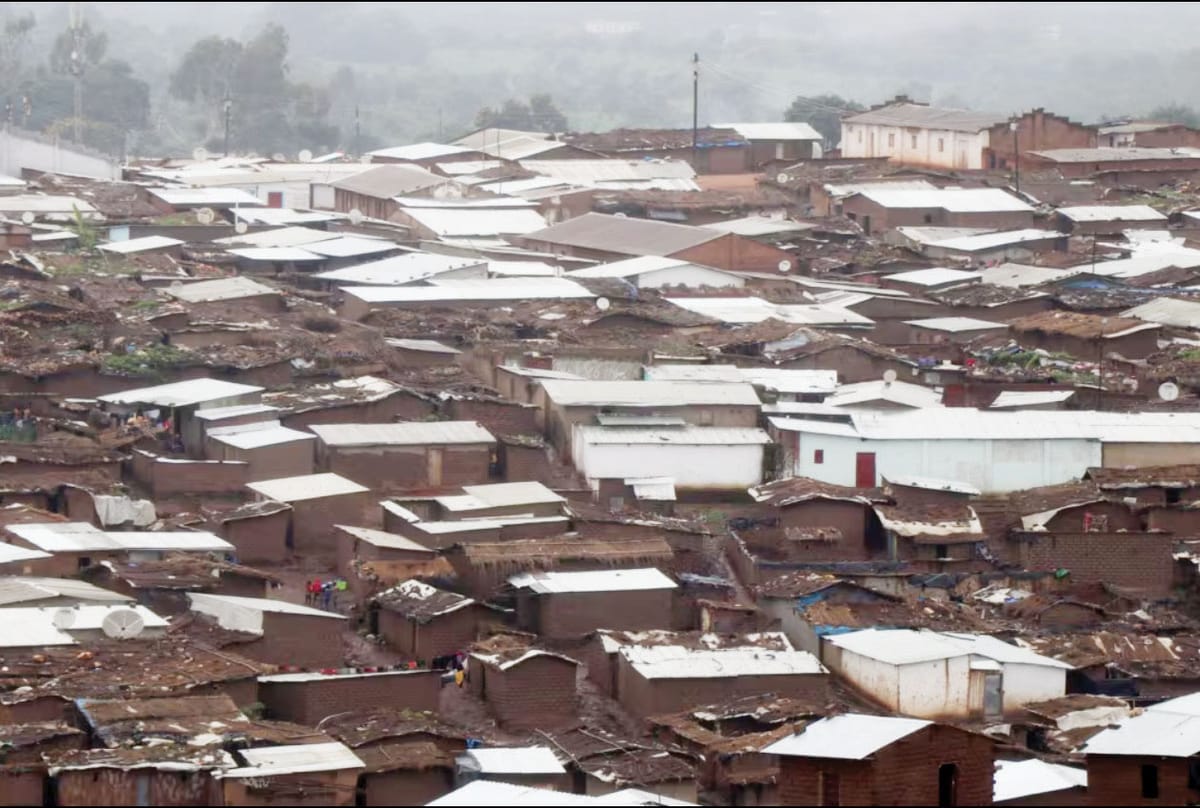Information distortion on refugees worries MHRC

Source: The Times Group Malawi
Author: Samuel Kalimira
Malawi Human Rights Commission (MHRC) has disclosed that there is still misinformation and disinformation surrounding the relocation of refugees from communities to Dzaleka Camp, an exercise which happened last year.
MHRC Director of Civil and Political Rights Peter Chisi said wrong information is dangerous because it has the potential to prompt wrong conclusions.
Chisi said this in Mangochi on Tuesday at the opening of a media engagement on rights of refugees and asylum seekers.
He said journalists have a role to expose injustices that result in the foreign nationals losing dignity and respect.
Chisi further indicated that lack of proper information on the matter has negatively affected the perception that people have towards refugees and asylum seekers in the country.
"A lot of information has been shared surrounding relocation processes. People have been judging the process differently.
"This is happening because of how the information is being crafted and sent to the people. But one thing we all know is that there has been misinformation and disinformation on the issue, which needs clearance," he said.
He said, for instance, some people did not really understand why the relocation was taking place because they had been fed with wrong information.
On his part, Media Council of Malawi Executive Director Moses Kaufa urged journalists to be professional in reporting about refugees and asylum seekers.
Kaufa said accuracy and balancing stories must never be compromised, adding that foreign nationals have rights which have to be respected just like anyone else.
"If a journalist is not professional, it means that the person is misleading people. If you do not have proper information, make proper research so that what you are publishing does not bring harm to refugees and asylum seekers," he said.
The relocation exercise received mixed views, with some quarters arguing that some of the refugees had stayed in the communities where they were being driven out of for so long that they had become "citizens".
Others insisted the law, which states that refugees and asylum seekers must not live outside the camp unless permitted to, must be respected.
